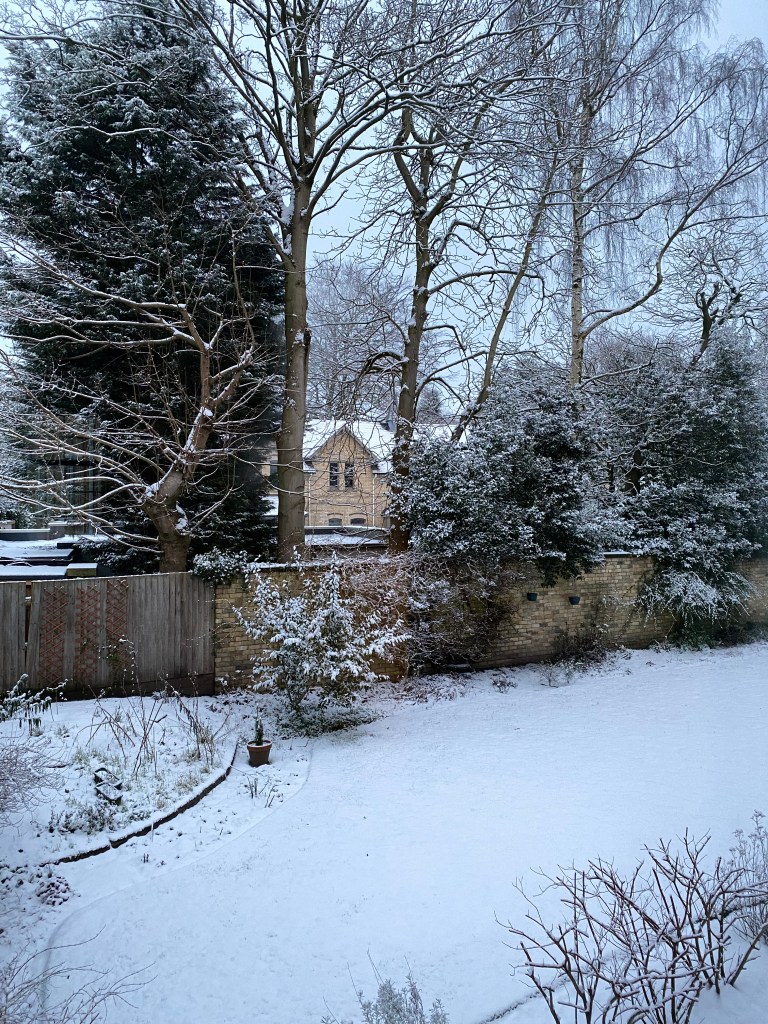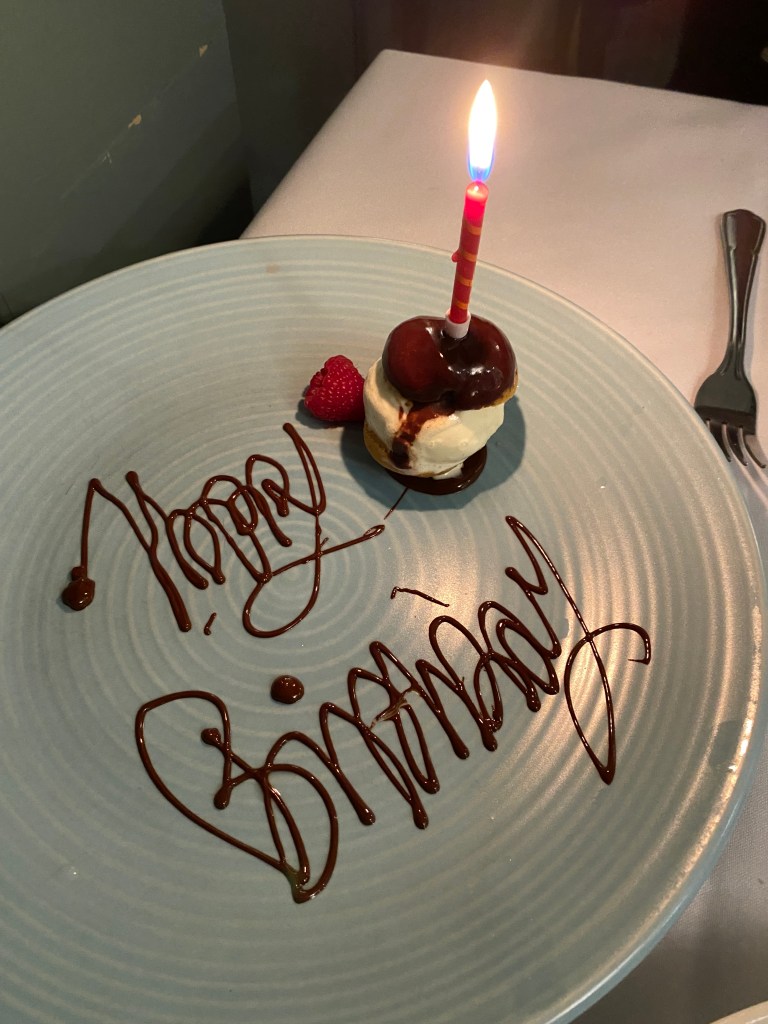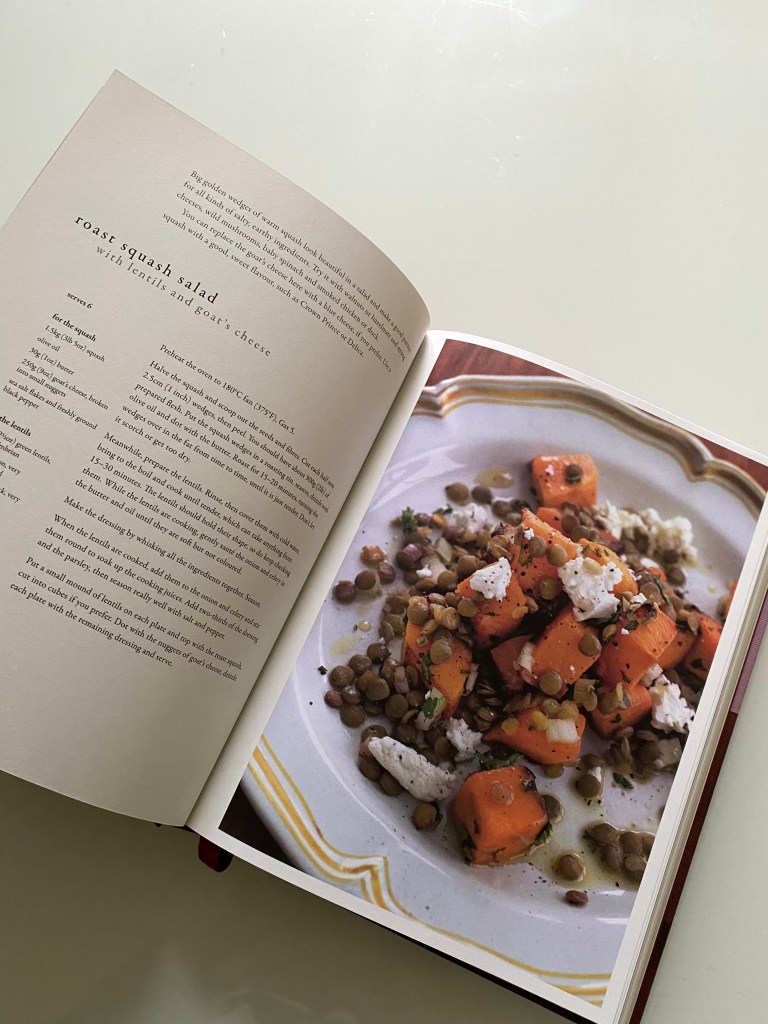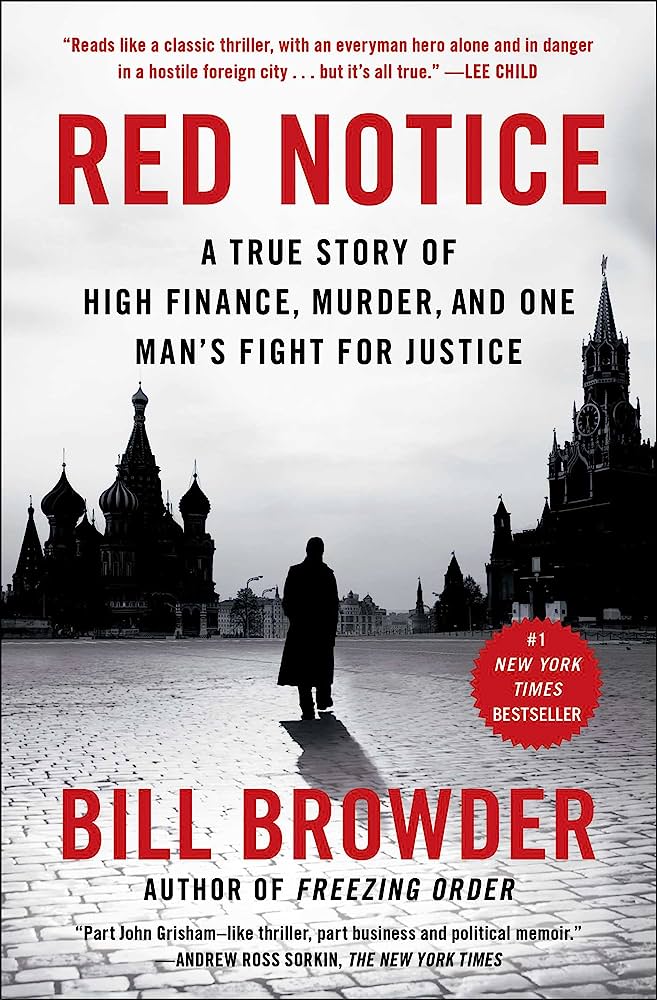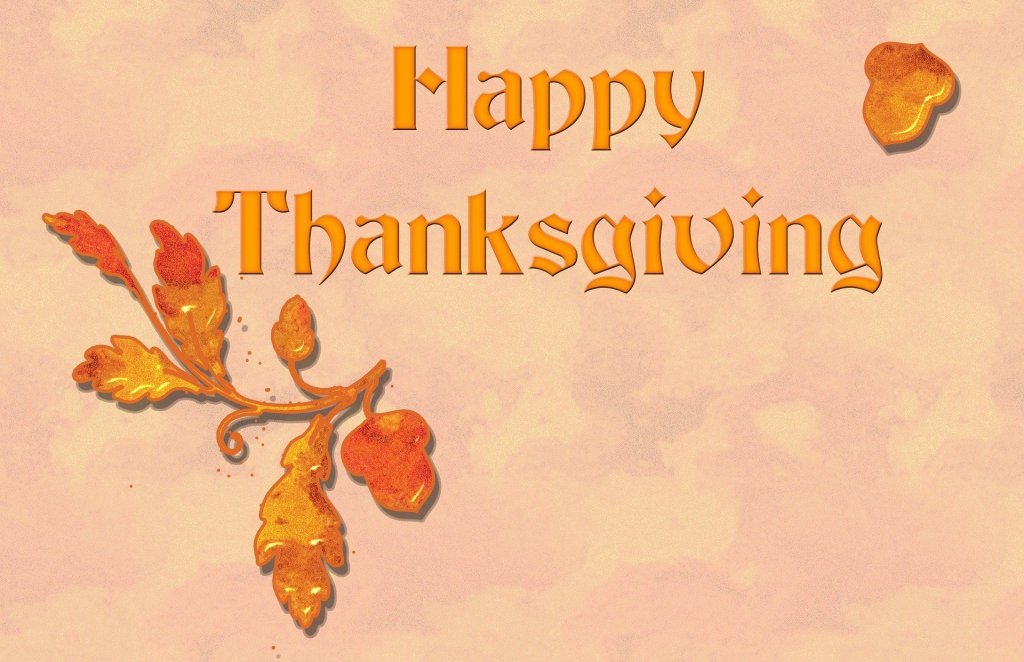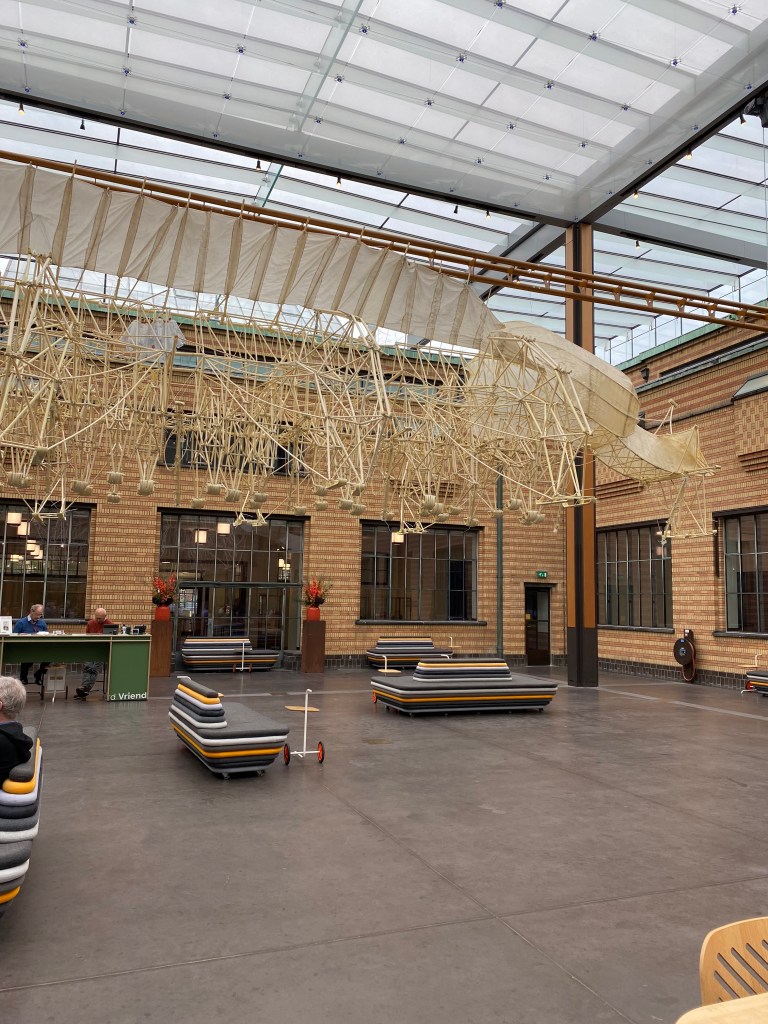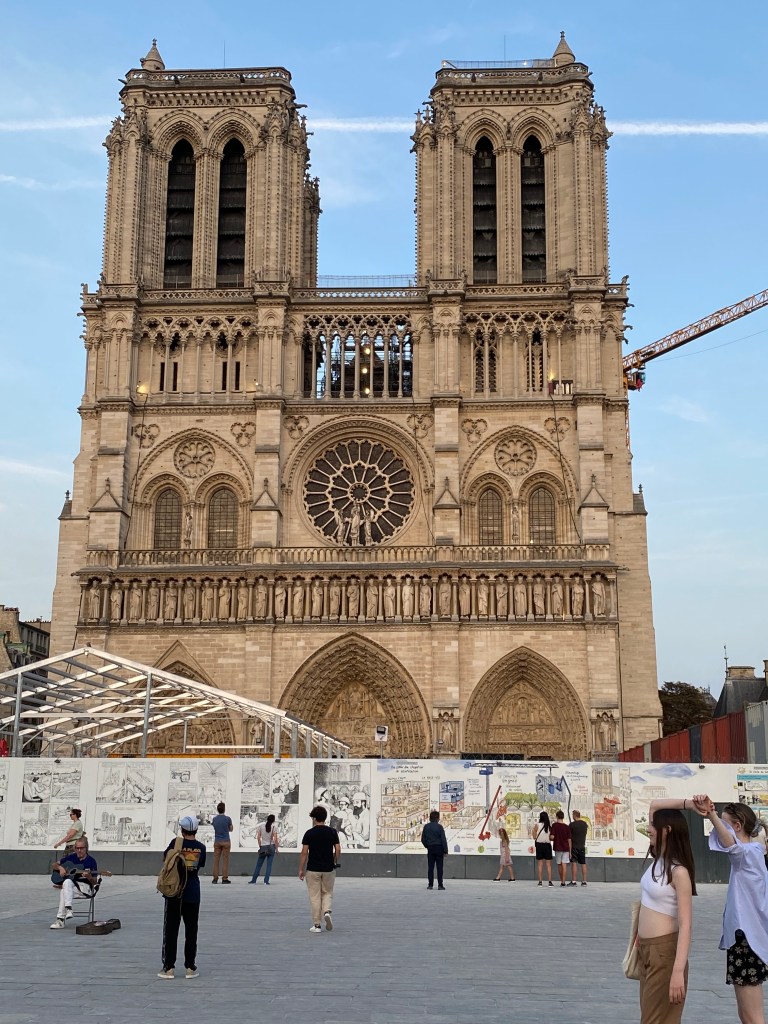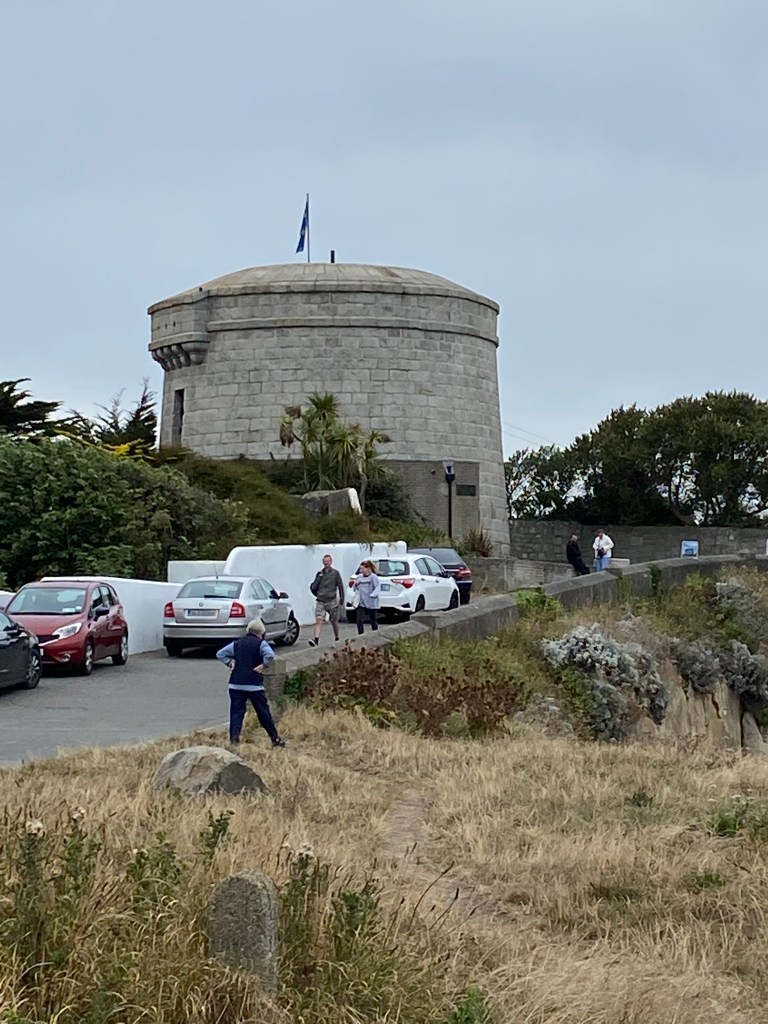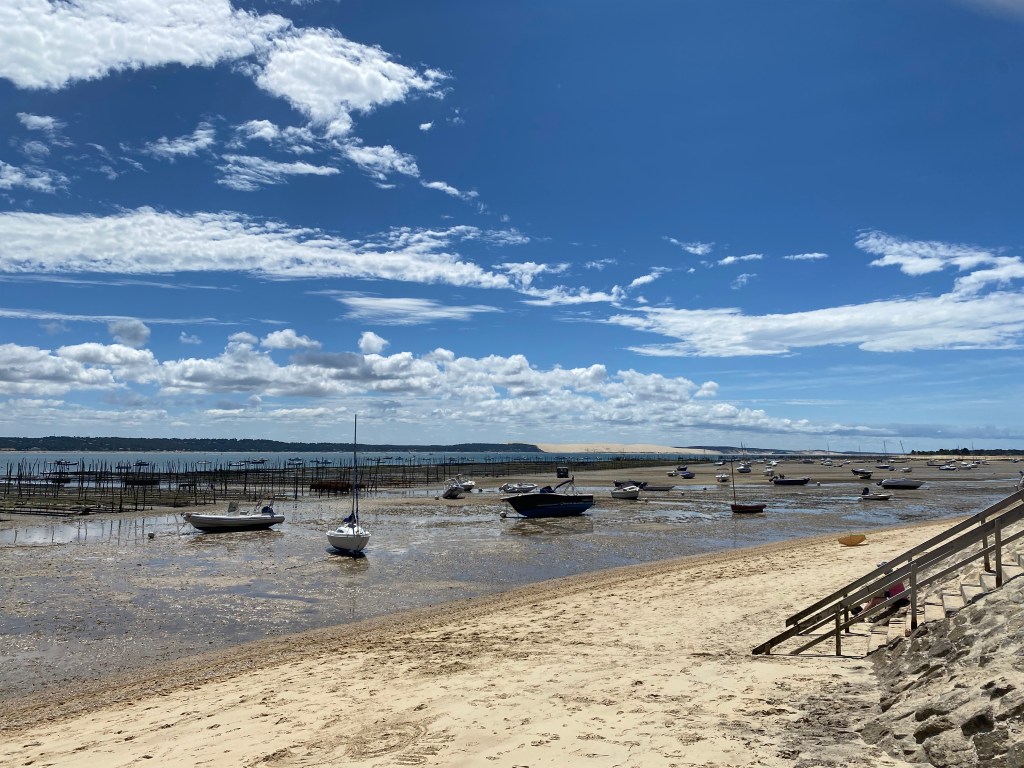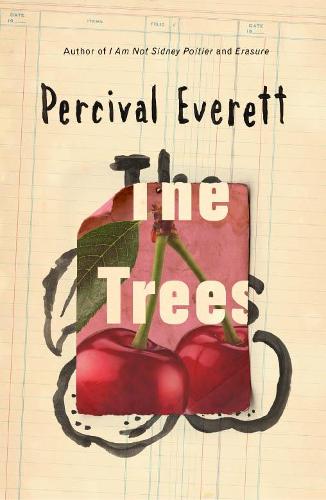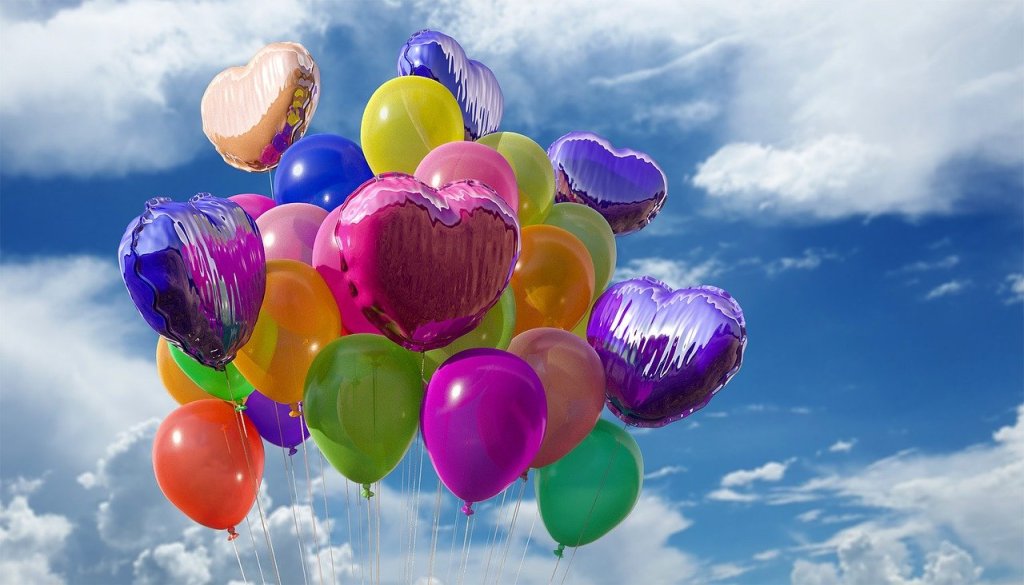It’s been the busiest of times for me and I feel very out of touch with my blogging. But as I support the youngest of my three children as they embark upon the exam season, inwardly I am exclaiming “the last time!” I know it will feel weird when we are out the other side, of course, knowing that I will not be doing the journey to school any more and shortly afterwards waving another one off to university (fingers crossed). So, as I find myself saying frequently to new parents in my day job, this too shall pass. Much of it is self-inflicted too, I must add; I decided to do a course of academic study last autumn and that is actually what has consumed much of my time. Truly I am a glutton for punishment!
I have had little time for reading, and it’s mostly been audiobooks so far this year, which I can listen to while out walking or running. So, I haven’t exactly had too many reviews to post! I’ve really felt the absence too. Reading for me is not only about being well-read and making connections with fellow book-lovers, it is also grounding. Nothing says self-care as strongly as: “I am taking 10/15/20 minutes out of my busy day, disconnecting from the family/the dishes/the smartphone, just for me, for pure pleasure.” It has to become a habit though, and it is one that seems to have slipped out of my grasp in the last couple of months, and which I now need to squeeze back in.
The book I want to tell you about today is one that has been on my TBR pile for some time. Coincidentally, I am currently making my arrangements to go to the Hay Festival, filling my online basket with events, and this book was one I bought there last year. The BBC’s International Editor, Jeremy Bowen, has been working in the Middle East for many years and is now a renowned journalistic expert on the region. This book arose out of a podcast he did for BBC radio a few years ago called Our Man in the Middle East. This book is an insightful and informative look at the region, setting out the historical context for many of the disputes and tensions whilst also telling stories and anecdotes of his own experiences, the relationships he has forged with people, famous and not, giving an often very intimate perspective on some of the very big issues we all know about.
The Middle East is not homogenous and the history is complex. Usually, the causes of tensions and conflicts there are far more complex than can be conveyed in a single news bulletin. The region is also a lightning rod, a proxy, for much bigger confrontations. Looking at a traditional map of the world, it is very nearly the geographical centre. Politically and culturally it is where east meets west, where north meets south, where tradition meets modernism, and religion meets secularism, quite unlike anywhere else on the planet. It is quite clear, from reading this book, that the author is captivated.
Bowen takes a thematic approach in the book, but manages also to set out the historical context of each of the major countries in the region: Israel and Palestine (obviously), Syria, Iraq, Iran, Egypt, Saudi Arabia, but drawing in also Lebanon, Yemen and Libya. I came away from this book with a powerful new understanding of the motivations and perspectives of people living in the Middle East, and also of the largely malign influence “the west”, and in particular the colonial powers have had over decades, if not centuries.
I have visited this part of the world only once in my life, about 25 years ago when I went to Lebanon. I found it a stunning and fascinating country and am saddened that it has been brought to its knees both economically and politically in recent years. When I attended the event at Hay in which Jeremy Bowen was interviewed by his BBC colleague Frank Gardner, I remember how pessimistic he was about the Israel-Palestine situation, describing it as more dangerous than he had seen it in many years. How poignant that observation seems when just a few months later the current crisis we see so vividly every day on our television screens was set in motion.
This is a powerful and gripping book, written with the author’s characteristic style, thoroughly researched and grounded in first-hand knowledge. Highly recommended.





